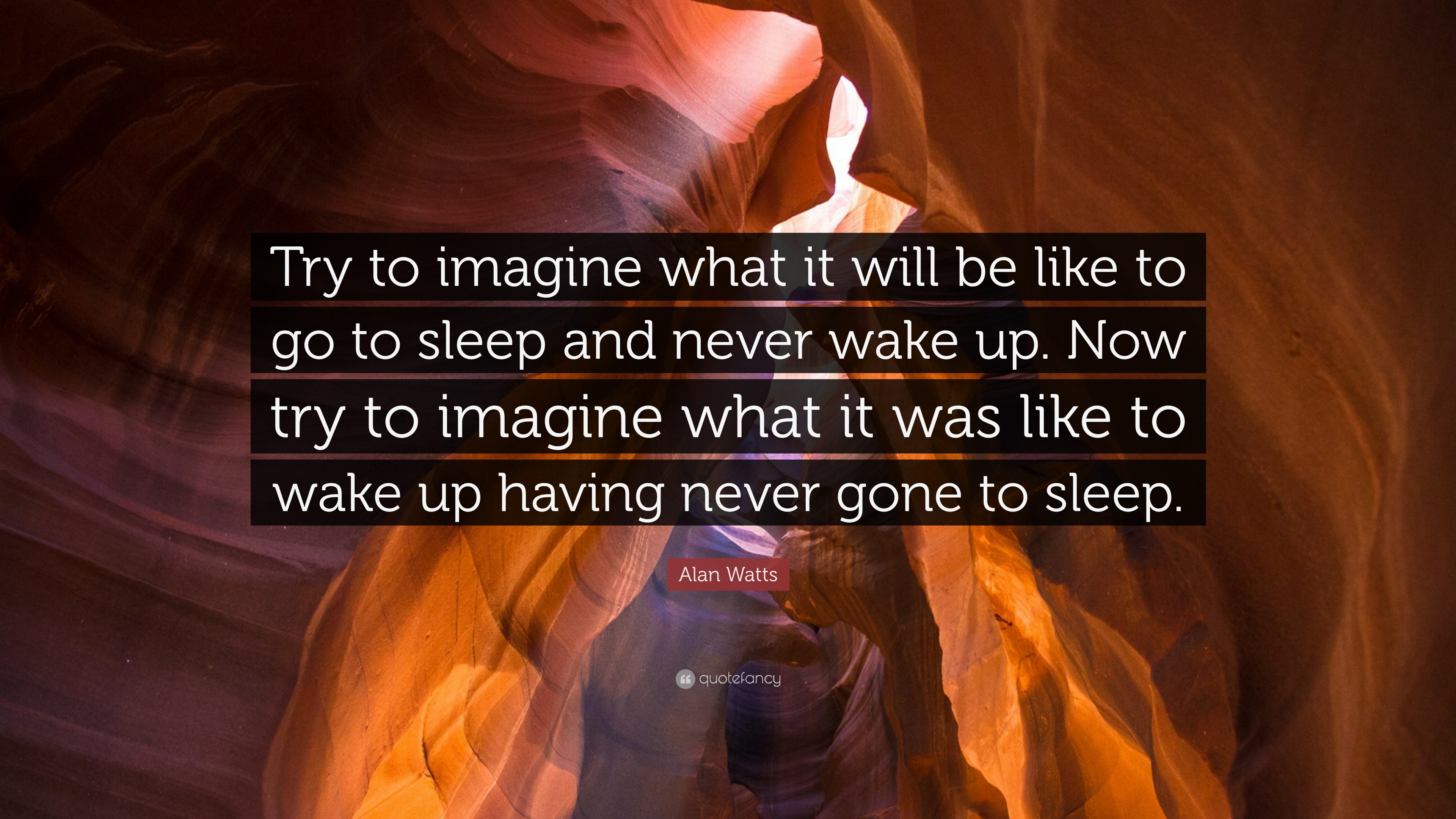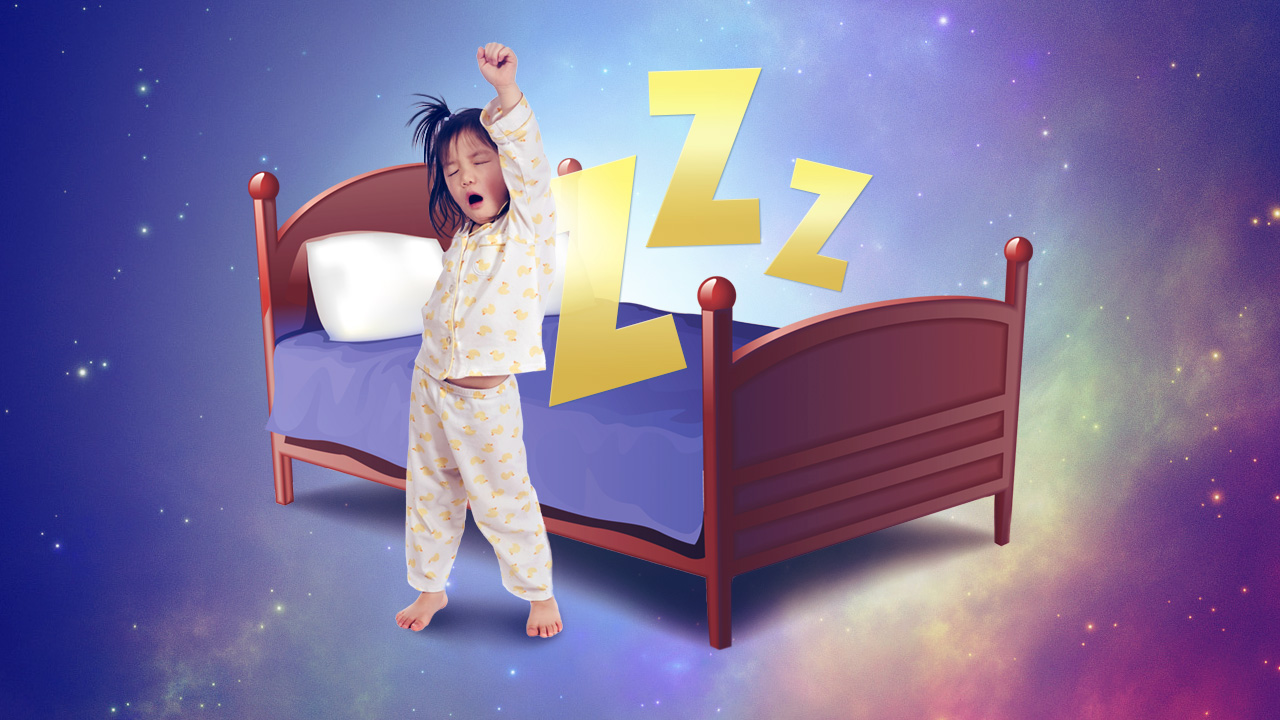

Researchers suggest that fasting for about 16 hours (for example during flight and until the next local meal time) could help reset sleep clocks for humans and reduce jetlag when traveling across time zones.įor non-jetlag sleep clock disturbances, you could try a 16-hour fast as well. Harvard researchers found that, in animals, circadian rhythms shifted to match food availability.

When you eat, and to some extent, what you eat, can help you reset your sleep clock. Fast, Then Normalize Meal Timesĭigestion and metabolism also play a role in wakefulness and sleepiness. To prevent hindering your own night’s sleep, utilize the Night Mode feature on your devices or avoid them altogether. The longer you expose yourself to this light in the evening, the longer melatonin production is delayed. Devices such as laptops, televisions, and cell phones all emit blue light. Blue light can trick your body into thinking its daytime when it’s really dark outside. Of course, you’ll want to limit screen time and strategically avoid blue light while resetting your sleep schedule. Start dimming lights in the evening as the sun winds down, with your bedroom being virtually black and devoid of any screens. Expose yourself to natural sunlight and bright light in the morning and throughout the day. When your body senses light again, it ceases melatonin production to wake you.Įssentially, this means you should follow earth’s natural cues. When melatonin levels are high (in the absence of light), you grow drowsy and fall asleep. In the presence of light, the SCN prompts the pineal gland to produce melatonin (the sleep hormone). Retinal ganglion cells in your eyes detect light cycles and transmit information to your SCN. The daily cycles of lightness and darkness are a key “zeitgeber” or cue that acts on the mechanisms of your sleep clock and circadian rhythm. Light remains a key focus of researchers, and is often a point of treatment for sleep phase disorders. Research suggests that manipulating light exposure may help reset the body clock, particularly for disturbances caused by jet lag. Resetting Your Sleep Clock and Improving Your Restīased on the knowledge of our sleep-wake cycle and how the body’s circadian clock works, there are a few ways to adjust sleep schedules and fix patterns. Is influenced by a combination of external cues (like sunrise/sunset and temperature) as well as internal cues (like hormones, neurotransmitters, and genes) and behaviors (like delaying sleep or activity levels). World’s largest medical library, making biomedical data and information more accessible. Science doesn’t understand everything yet, but essentially the body's internal clock To an extent, genetics influence sleep habits but behaviors and the environment also play a role. When functioning optimally, this rhythm means you will get sleepy in the evening around the same time, and wake in the morning at about the same time each day.Īs far as timing goes, normal biological variation exists, with some people naturally predisposed to earlier sleep-wake times and others to later sleep-wake times.

This cycle is also known as the circadian rhythm. The term “sleep clock” refers to several biological mechanisms that control the cycle of wakefulness and tiredness, led by the suprachiasmatic nuclei (SCN) in the hypothalamus. Understanding How Your Sleep Clock Works Photo courtesy of Flickr, macabrephotographerīefore we get into fixing the problem, it can be helpful to know what your sleep clock is, what it does, and how it works so that these strategies make sense.
#WHEN WILL I WAKE UP IF I SLEEP NOW HOW TO#
Read on to learn about your sleep clock and how to reset it for better rest. If you find yourself with a broken sleep clock, there are a few strategies you can use to get back on track. This can affect your overall sleep quality while also making it difficult to fall asleep and wake up at the right times, ultimately leaving you sleep deprived or with “social jetlag” that can affect performance and moods. However, sometimes this sleep clock can fall out of sync, throwing your regular schedule out of whack. When our internal sleep clock is functioning normally, it sends our bodies signals to sleep in the evening and wake in the morning. Each of us operates on a biological schedule that plays a big role in when we feel tired and when we feel awake.


 0 kommentar(er)
0 kommentar(er)
